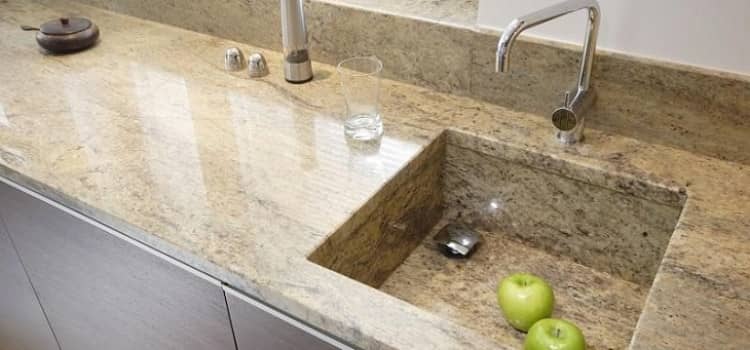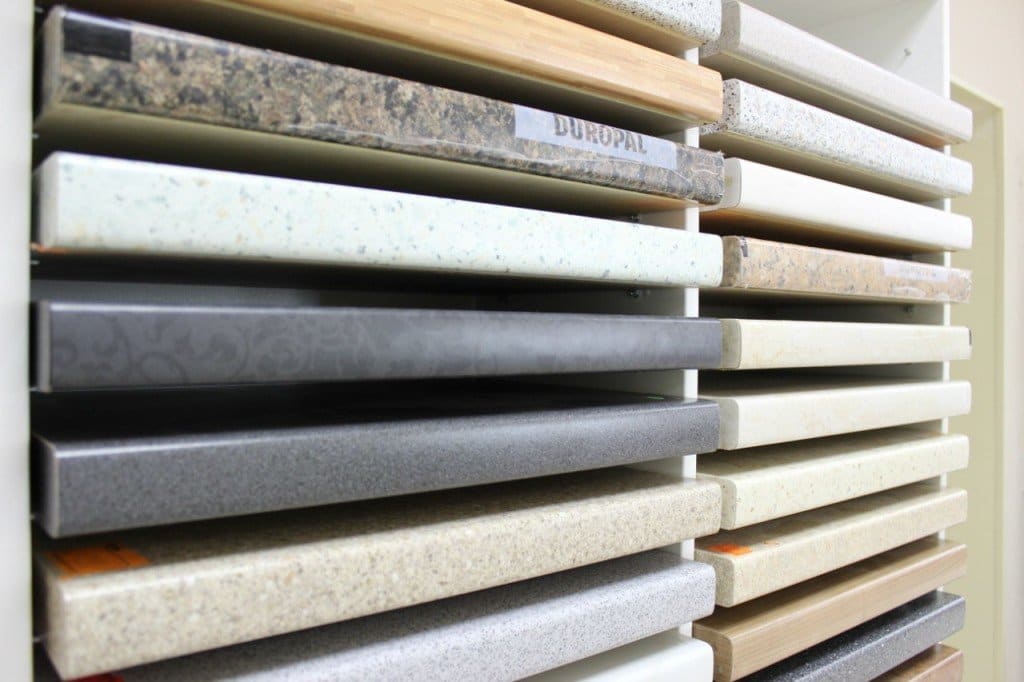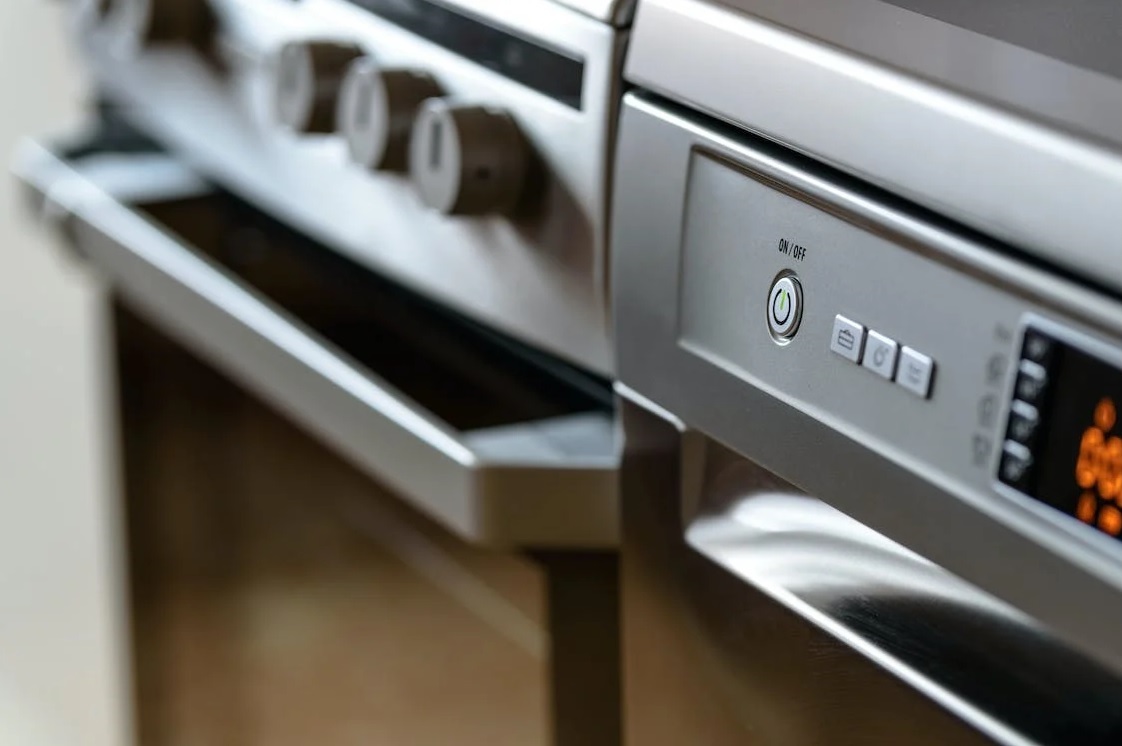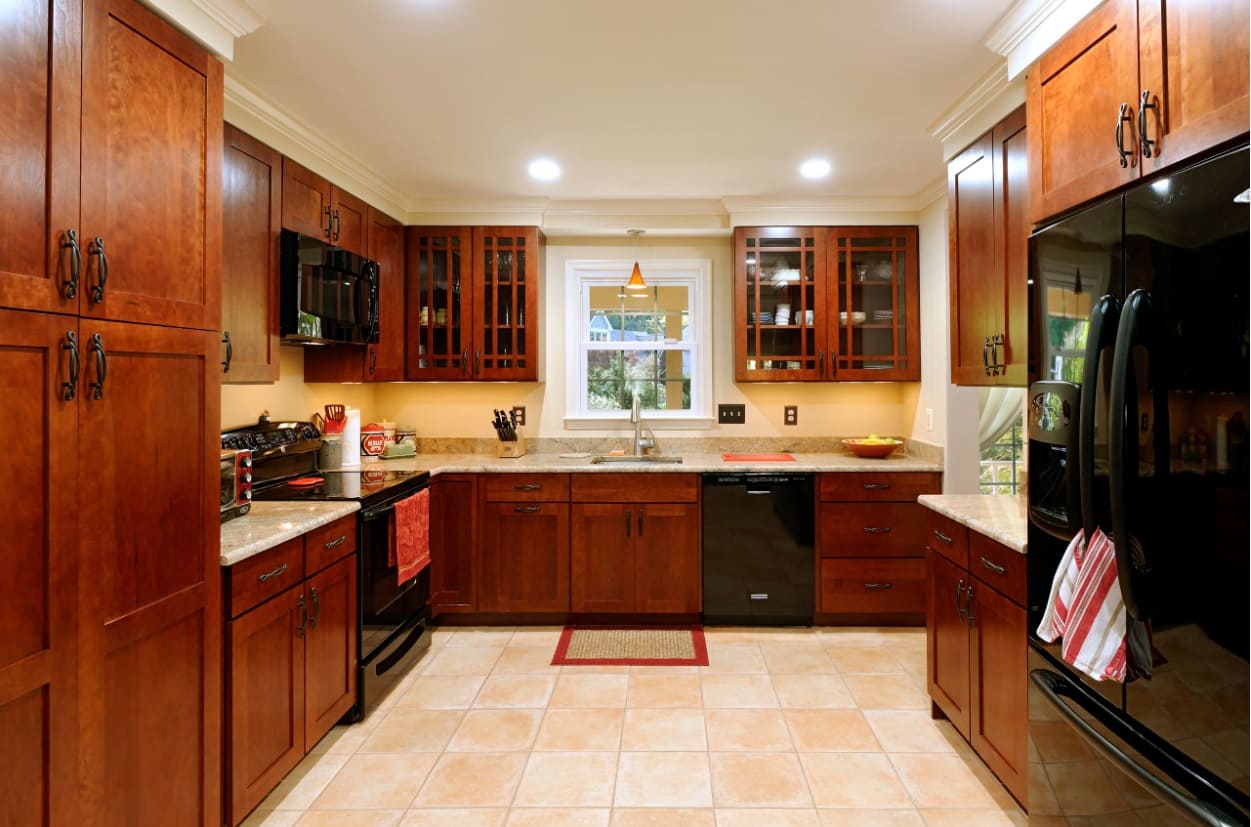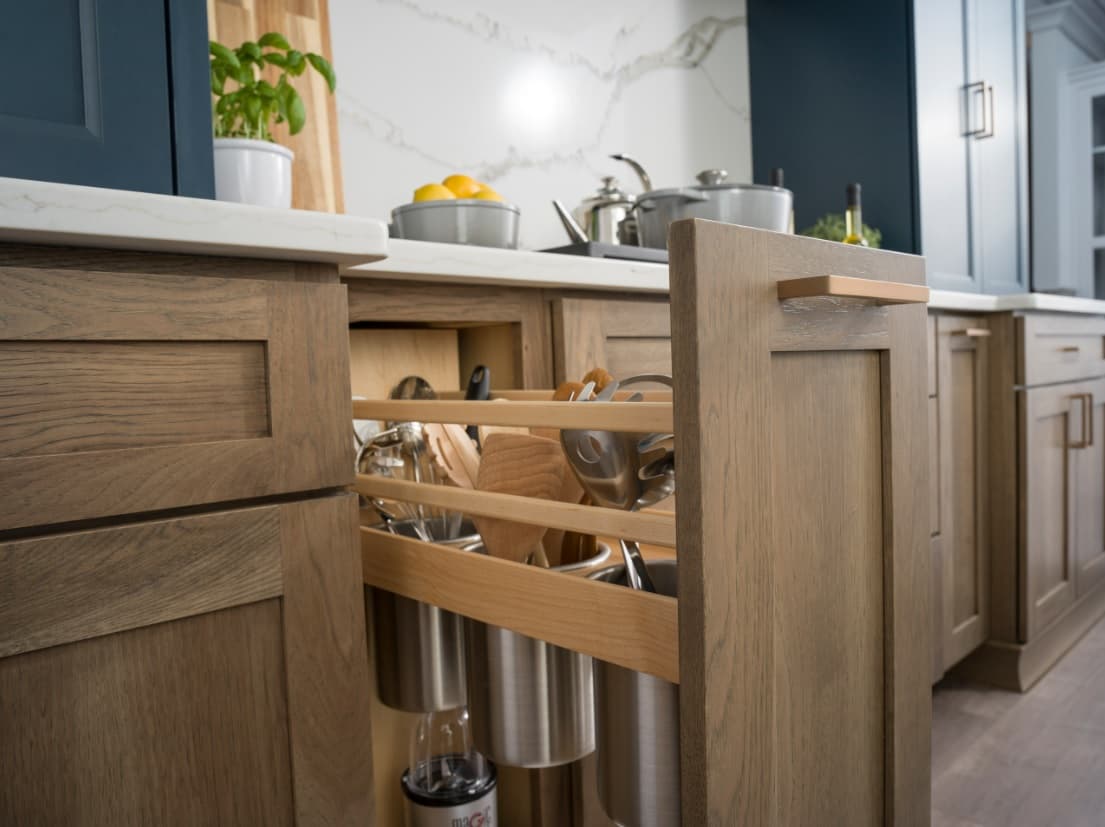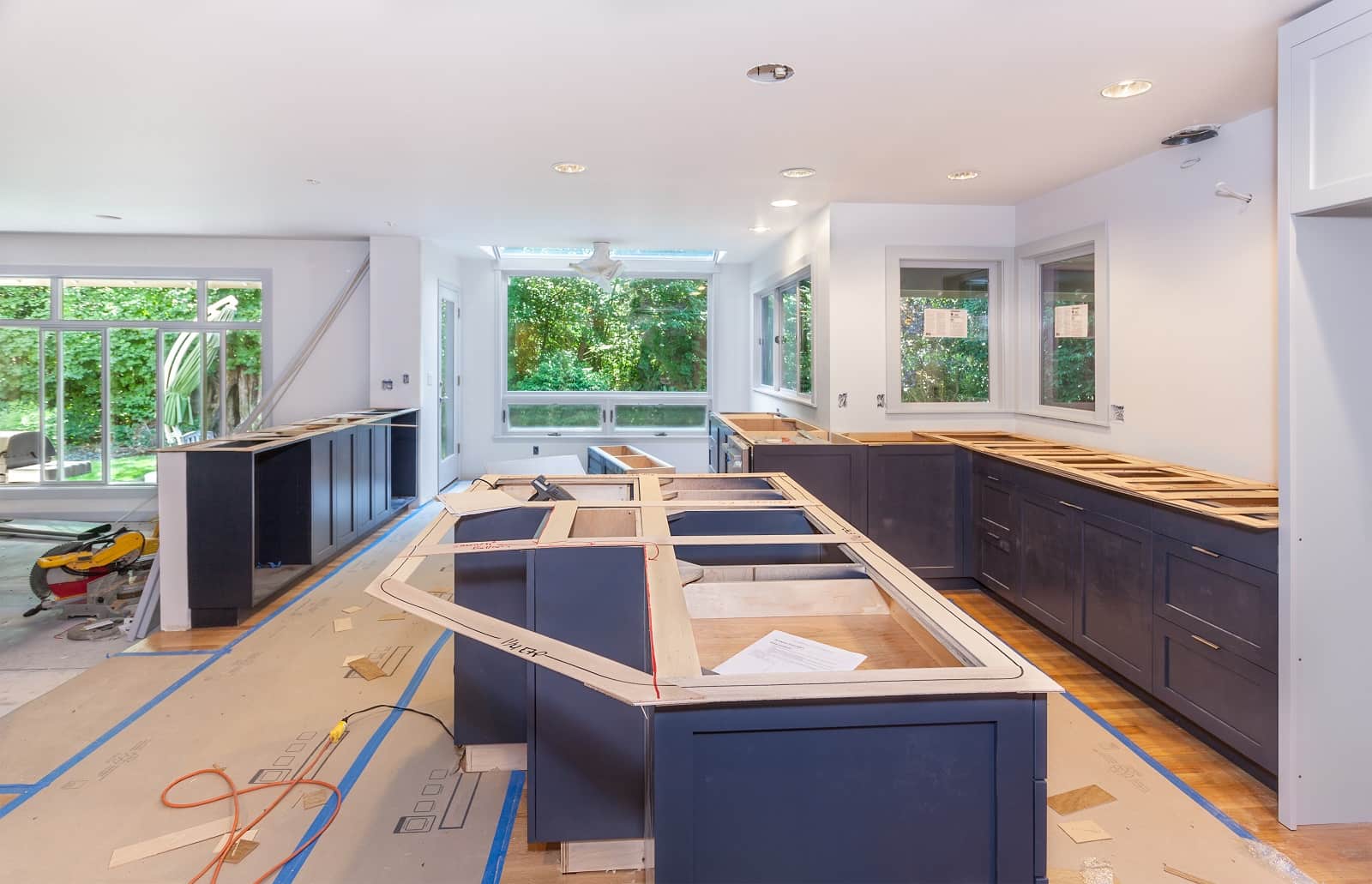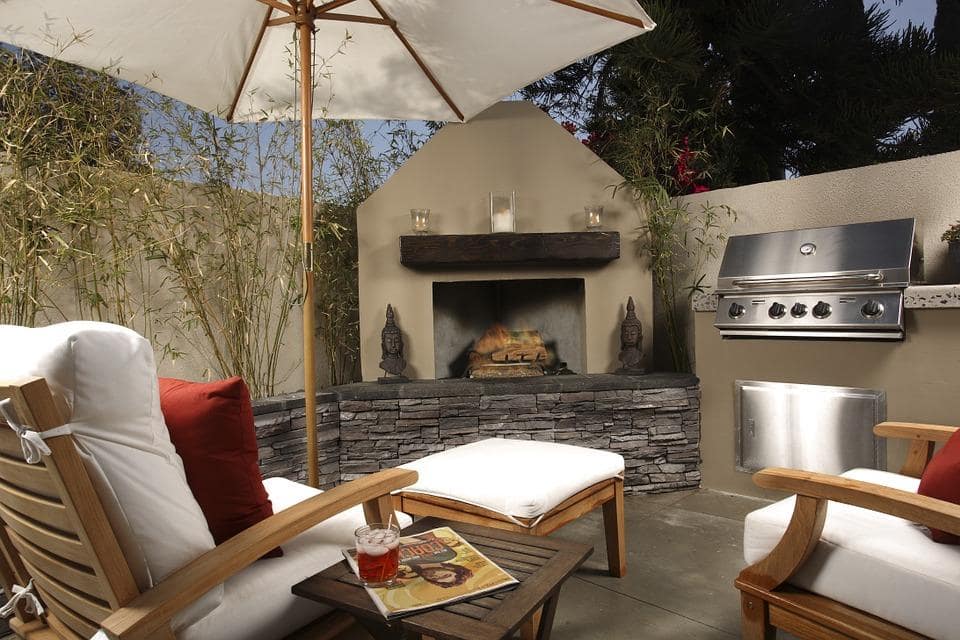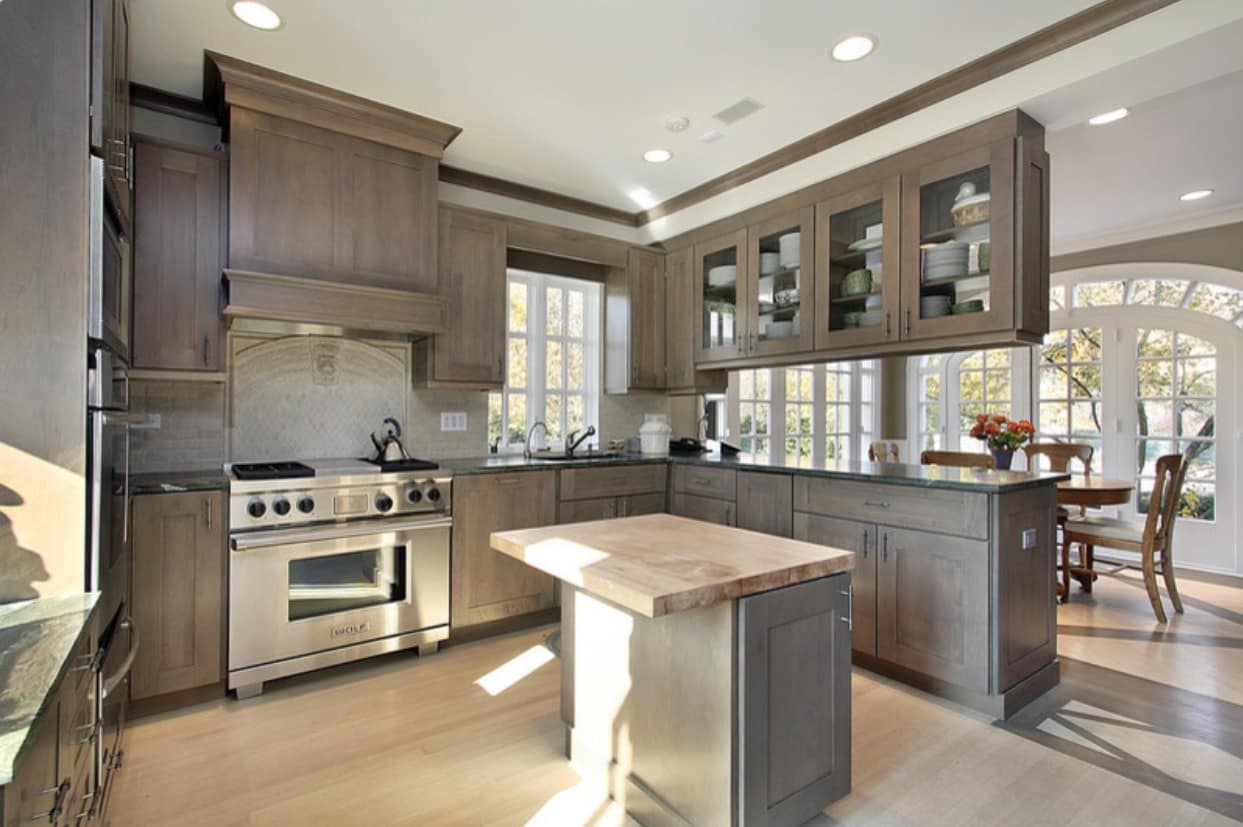There are many considerations that you have to make when you are planning a remodel, or working on building a new house. You have to choose flooring, wall colors, appliance styles, and many other things. Choosing the right countertop material can be one of the most important choices that you will make for your project, which means it can also be a very tough choice.
The counters in your home need to hold up to wear and tear and daily use, so you will want to make sure that you pick the right type of material for these surfaces. You will need counters that can tolerate spills, a little dirt, and the possibility that something might be dropped on them. We at Ceaserstone can help you to pick the right countertop for your needs.
Choosing the Right Countertop Material for Your Home
As we discussed before, you might be feeling overwhelmed by the many options out there for your countertop needs. The most intense discussion is often about whether to choose quartzite or quartz. Both are beautiful but they have very different installation and care requirements and there are other factors that you might want to consider when you are choosing between the two.
Quartz vs Quartzite
People often think that quartz and quartzite are the same things. They are not the same material, and it is important to know the difference between the two materials.
Quartzite is a naturally created material that is made from sand that has been pressed into slabs. Quartz is manufactured.
Quartzite offers up a very glossy finish and can look somewhat like marble if you get the right slab of material. It often includes inclusions of red, green, or blue.
Quartz is also glassy in appearance, but it can be made in any color or style that you wish. It offers up a more consistent finish and a more consistent color throughout each slab.
Durability
Quartzite is a very soft material. While beautiful, it is very susceptible to stains, dents, dings, and absorbing grime and bacteria into it. This means that quartzite needs to be polished and resealed once a year at a minimum. If you are hard on your counters, you might even have to do this process twice a year.
Quartz is manufactured and is consistent in its quality. It will not absorb stains, grime, or bacteria. It also will not need to be sealed or polished annually. Quartz will not need any maintenance at all throughout the life of your countertops.
Installation
Quartzite is prone to cracking. This means that it cannot be used for some custom shapes or needs, and it also means that you will need to buy a large run of quartzite to finish your project. This excess will need to be purchased to color match and to have excess in case of a piece breaks during installation.
Quartz is not naturally-occurring, which means that it will not break along natural faults in the material. This opens quartz up to be used for custom shapes and custom spaces. It is also much easier to install, so you will not need to buy excess material to finish your project.
Care
As mentioned before, quartzite requires annual care that quartz does not. Quartzite will grow dull over the years because the sealing agent that is applied to it will grow cloudy, pick up scuffs, and possibly stains. You will need to remove this layer of sealant to reveal the beauty of the quartzite under it each year.
Quartz does not need to be sealed and is not likely to lose its sheen unless a significant incident causes a scuff or a ding in its surface. Polishing down a quartz counter is a rarity and is only necessary after a fluke accident.
Cleaning
Because quartzite is sealed, you will need to use special cleansers on its surface. Harsh cleaners or even grocery store cleaners might damage the finish or remove the sealant. No spilled liquid should ever sit on the counter for any duration of time. You will need to wipe up spills immediately to make sure that the quartzite does not absorb the liquid and create a permanent stain.
Quartz will not soak up spills, which removes this daily concern. You should still avoid abrasive cleansers on quartz surfaces, but you can use regular cleaning wipes and other basic products without fear of damaging your counters.
Price
Quartzite and quartz often cost the same amount per foot, but the cost differences come into play when you look at installation costs and sealant costs.
As mentioned previously, you will need to buy extra quartzite to prevent issues during installation with color matching, or broken segments. You will then have to pay for the sealant to be applied. When you consider that you will need to resurface and reseal your quartzite counter at least once a year, that cost must also be built into your cost considerations.
If you select quartz for your counters, you will only need to buy the exact right amount of material for your needs. You will not have to pay for sealing and you will not need to do annual maintenance on these countertops.
Quartzite vs Quartz-There Really is no Comparison
This article should make it fairly evident that there are many more advantages to choosing quartz for your countertop material than those offered by quartzite. Quartz is a superior product and offers a whole host of benefits that quartzite cannot. While quartzite is beautiful, it is fragile and requires a major amount of upkeep each year.
If you want counters that are durable, beautiful, and that will stand the test of time, there is no better choice than quartz. Quartz is becoming the standard for countertop surfaces for many obvious reasons. Choosing quartz for your home remodel, or for installation in your new home, is a great choice and guarantees beautiful countertops that will stand the test of time.

